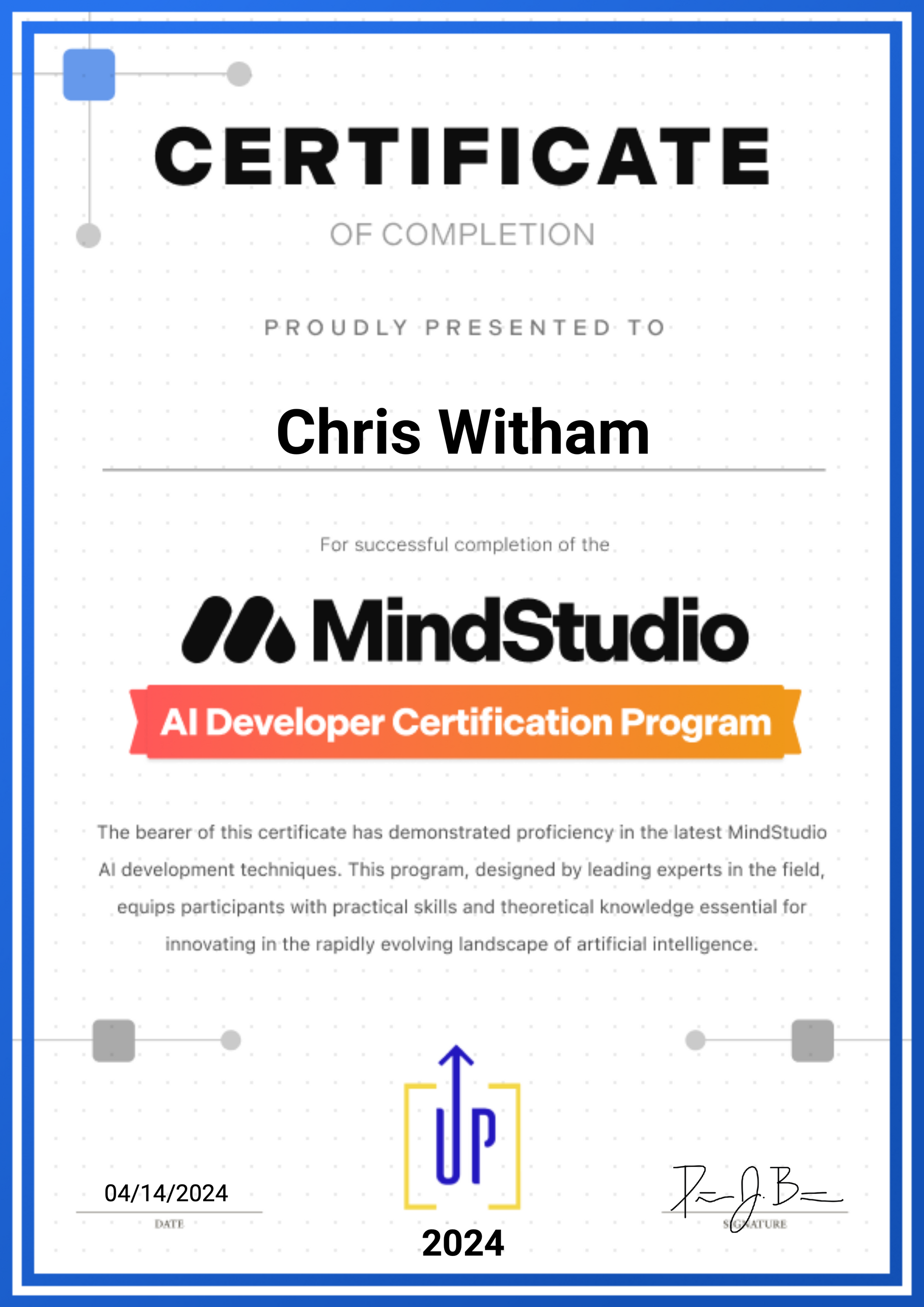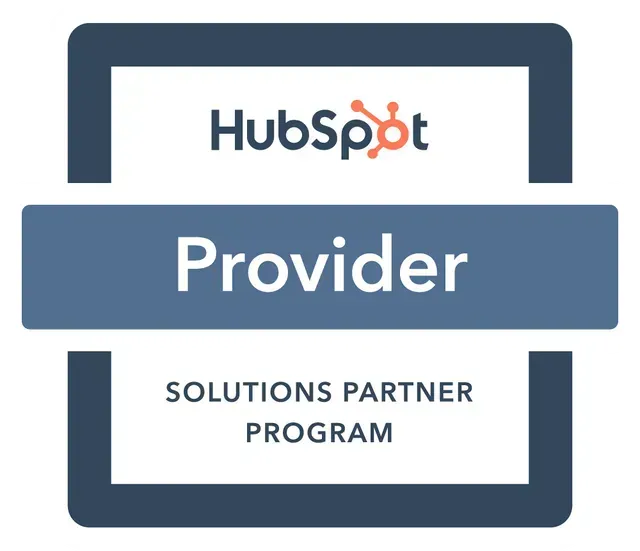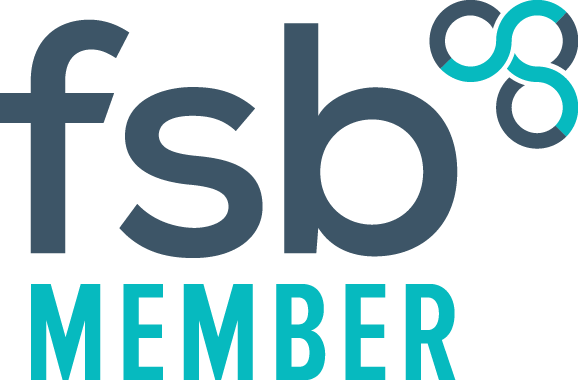By Chris Witham
•
December 11, 2025
Where AI really helps your Business If you spend any time on LinkedIn or X, you’ll have seen bold claims about how AI can help you build software in a matter of days. There’s a lot of excitement, a lot of big promises, and a fair bit of confusion for business owners trying to work out what’s real. A new term doing the rounds is “Vibe Coding” —the idea of describing what you want to an AI assistant and having it generate the code for you. It’s becoming popular because it can move things forward quickly and help people explore ideas they wouldn’t have been able to create alone. And the truth is, it does have its place. The challenge isn’t the technique. It’s the expectation that AI will automatically deliver finished, reliable, production-ready tools without any real design or thinking behind them. AI accelerates the work you already do well Used properly, AI can: • Remove huge amounts of repetitive work • Speed up drafting and iteration • Generate working prototypes in hours • Help non-technical people explore ideas • Improve documentation, planning and communication This is where it shines. But it still needs clarity, structure, and well-designed processes around it. It’s like having a very fast assistant rather than a fully formed development team. Why many AI projects don’t deliver what people expect Independent research this year showed a clear pattern: • Many early AI initiatives failed to produce measurable business value • Companies abandoned AI ideas because they couldn’t scale or integrate them • The gap between an impressive demo and a reliable tool is larger than people thought This doesn’t mean AI is overhyped. It means teams jumped straight to execution without the groundwork. The technology isn’t the issue. It’s the approach. Small businesses don’t need Enterprise Platforms Most UK small businesses don’t need to build a full software product. What they actually need is: • Better workflows • Faster content generation • Clearer communication • Improved customer support • Tools that reflect the way they work • Consistency and repeatability AI is perfect for this. A custom GPT trained on your tone, your documents and your processes can become: • A writing assistant • A customer support helper • A knowledge base navigator • An internal guide for staff • A quality-control layer • A process automator No engineering team needed. No complex infrastructure. No stress. Where AI builds real value right now AI works best when it’s part of a thoughtful, guided approach: • Define the outcome you want • Build a lightweight prototype (AI helps here) • Add structure, rules and guardrails • Connect it to your real workflow • Test it with real users or staff • Iterate until it feels natural You can still move fast. You just avoid building something brittle that breaks the moment it’s needed. The key insight: AI doesn’t replace expertise, it amplifies it AI is at its strongest when someone knowledgeable decides: • What it should do • What it shouldn’t do • How it should behave • What tone it should use • How it fits into the business • What checks and constraints matter That’s where tools like custom GPTs genuinely shine. They’re not software products in the traditional sense. They’re flexible assistants shaped around your business. With the right design, they can save huge amounts of time and deliver consistent, practical value without any of the complexity of building a full system. A more useful way to think about AI in 2026 Instead of “AI will build everything for you”, a healthier mindset is: AI speeds up the work, but you set the direction. For small businesses, that’s more than enough to make a real difference.










